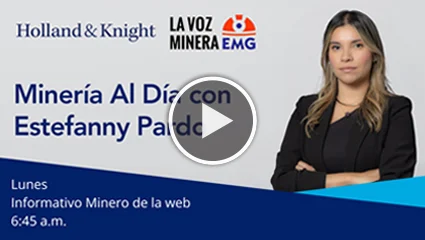IRS Releases Form 4255 to Report Prevailing Wage and Apprenticeship Penalty Amounts
The IRS recently released an updated Form 4255, Certain Credit Recapture, Excessive Payments, and Penalties, which is used to report the amount due for certain credit recaptures, excessive payments, excessive credit transfers and, importantly, Prevailing Wage and Apprenticeship (PWA) penalty amounts, as these apply to many energy tax incentives.
Generally, for projects that began construction on or after Jan. 29, 2023, the PWA requirements apply to the energy tax incentives under Internal Revenue Code Sections 30C, 45, 45L, 45Q, 45U, 45V, 45Y, 45Z, 48, 48C, 48E and 179D. Satisfaction of the PWA requirements increases the value of the tax incentives by a multiplier of five.
Under the prevailing wage requirements, taxpayers must ensure that all laborers and mechanics employed by any such taxpayer, or any contractor or subcontractor, are paid wages at rates no less than the prevailing wage rate for work (construction, alteration or repair) performed with respect to a qualified facility or project. The apprenticeship requirements consist of the labor hours requirement, ratio requirement and participation requirement. The apprenticeship requirements apply only during construction of the qualified facility or project. (See Holland & Knight's previous alert, "A Look at IRA Prevailing Wage and Apprenticeship Requirements Final Regulations Highlights," July 8, 2024.")
Taxpayers who fail to satisfy the PWA requirements may still be eligible for the increased amount of the applicable credit under certain circumstances.
Prevailing Wage Penalty Payment Amounts
Taxpayers failing to meet the prevailing wage requirements can still be eligible for the increased amount of the applicable tax credit by making certain correction and penalty payments.
- Each laborer or mechanic who was paid wages at a rate below the prevailing wage must be paid the difference between the prevailing wage rate and actual wages plus interest on the difference.
- A $5,000 penalty must be paid to the IRS multiplied by the total number of laborers and mechanics who were paid wages at a rate below the prevailing wage rate for any period during the tax year. The penalty increases to $10,000 if the IRS determines the failure to meet the prevailing wage requirements was due to intentional disregard.
Apprenticeship Penalty Payment Amounts
Taxpayers failing to meet the labor hours requirement or the participation requirement of the apprenticeship requirements may still be eligible for the increased amount of the applicable tax credit by making certain penalty payments.
- The penalty payments applicable to the apprenticeship requirements are $50 ($500 in the case of intentional disregard) multiplied by the total labor hours for which the apprenticeship requirements were not satisfied.
Reporting Penalty Payment Amounts
Although the statutory and regulatory rules did not specifically address how taxpayers are to make such penalty payments, the IRS has now updated Form 4255 to allow for reporting and payment of both the prevailing wage penalty and the apprenticeship penalty amounts.
Penalty payments related to the PWA requirements are reported in Part I, Column (p) of Form 4255, titled "Prevailing Wage and/or Apprenticeship Penalty Amounts."
The Holland & Knight Energy Tax Team is available for questions regarding the PWA requirements. To receive additional analysis from the team, please subscribe to our alerts and access the IRA Tax Resource Library.
Information contained in this alert is for the general education and knowledge of our readers. It is not designed to be, and should not be used as, the sole source of information when analyzing and resolving a legal problem, and it should not be substituted for legal advice, which relies on a specific factual analysis. Moreover, the laws of each jurisdiction are different and are constantly changing. This information is not intended to create, and receipt of it does not constitute, an attorney-client relationship. If you have specific questions regarding a particular fact situation, we urge you to consult the authors of this publication, your Holland & Knight representative or other competent legal counsel.

